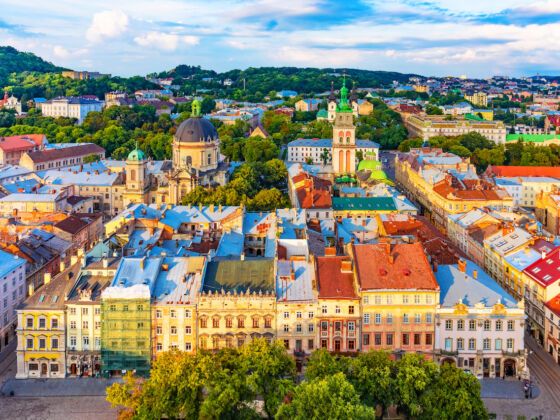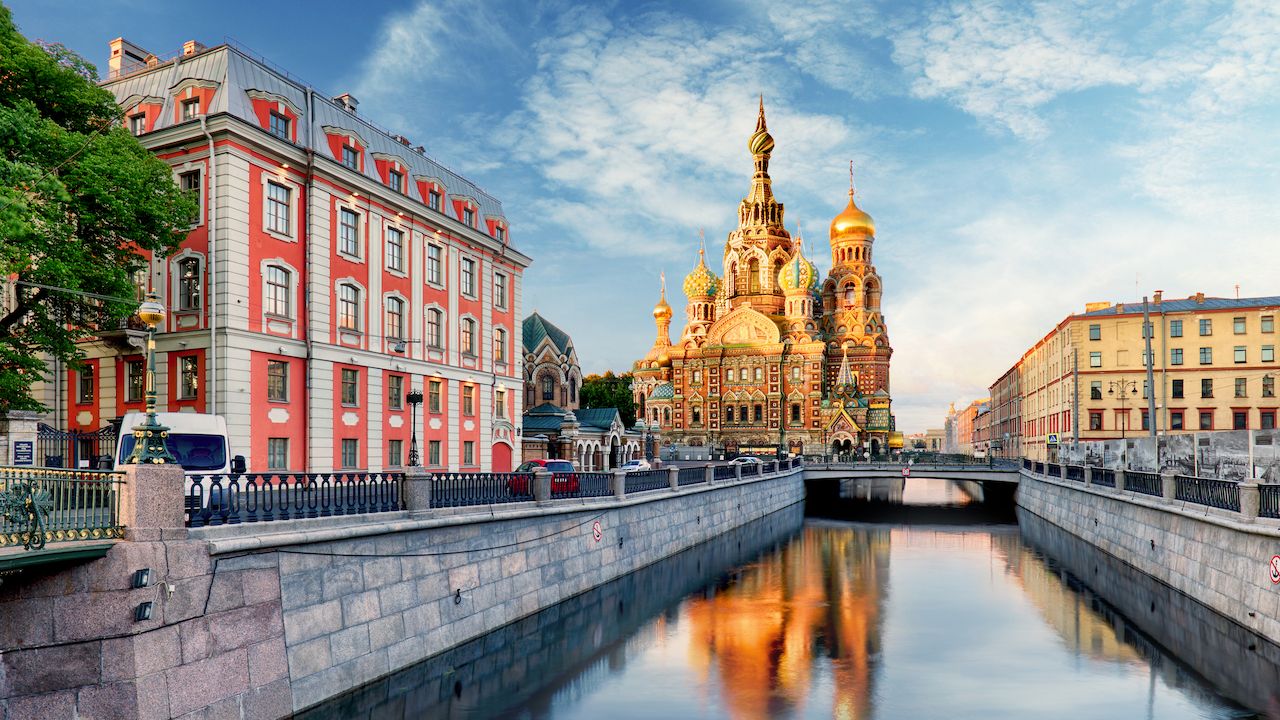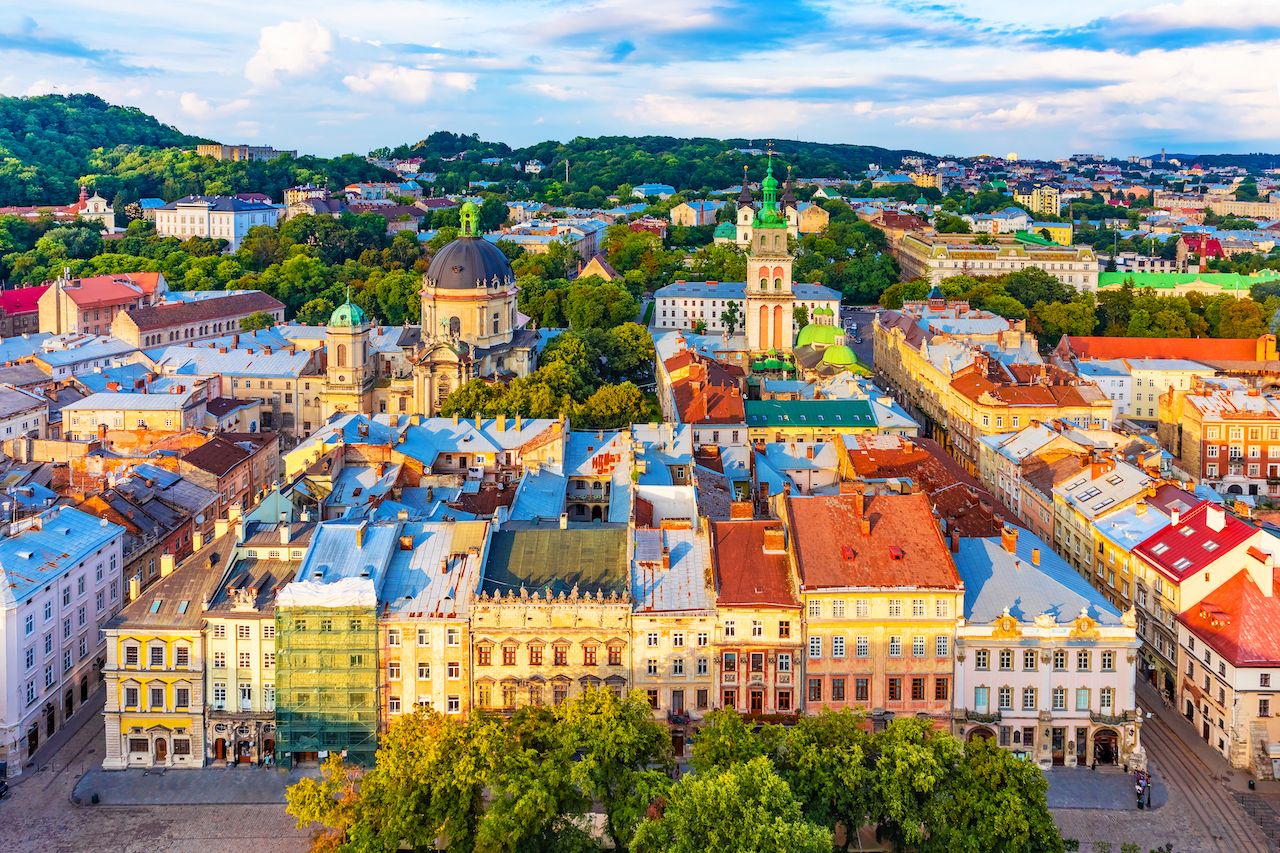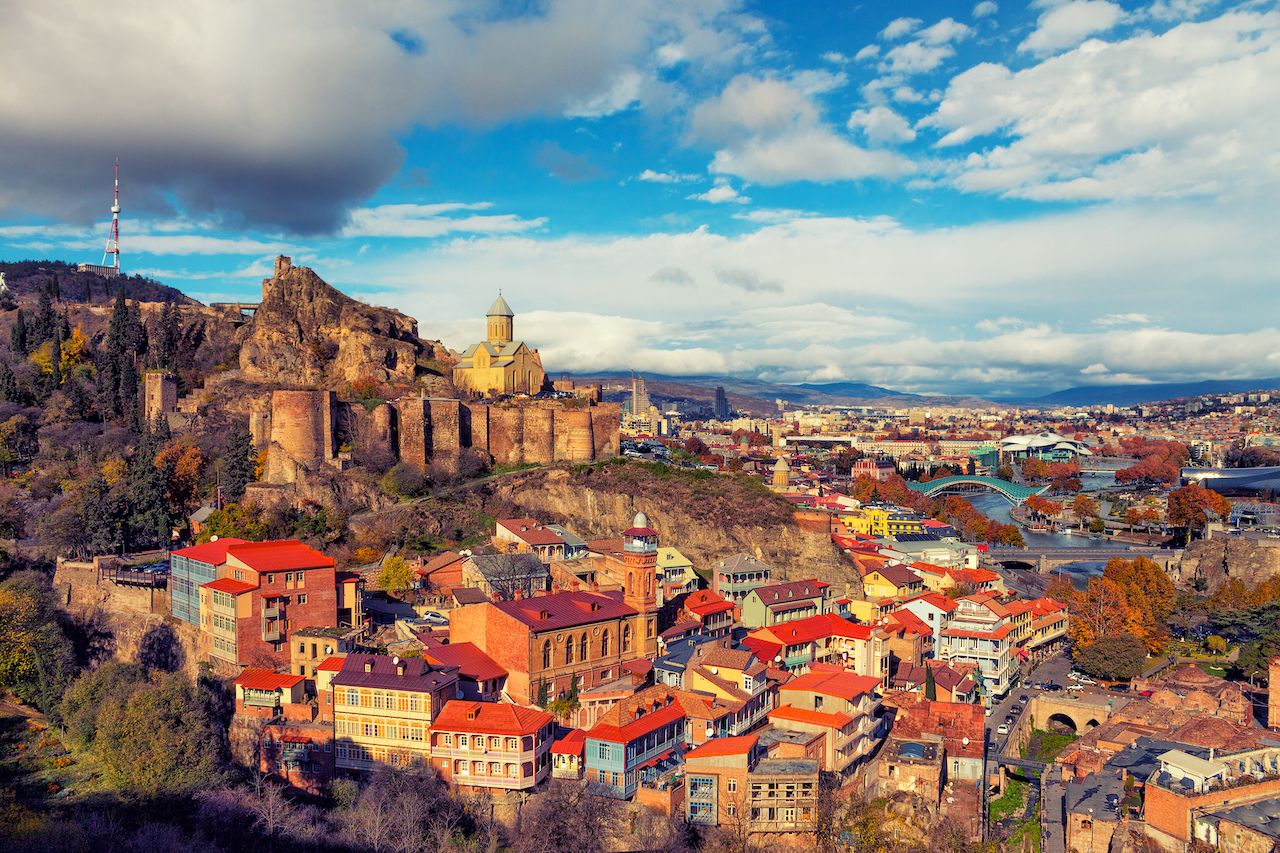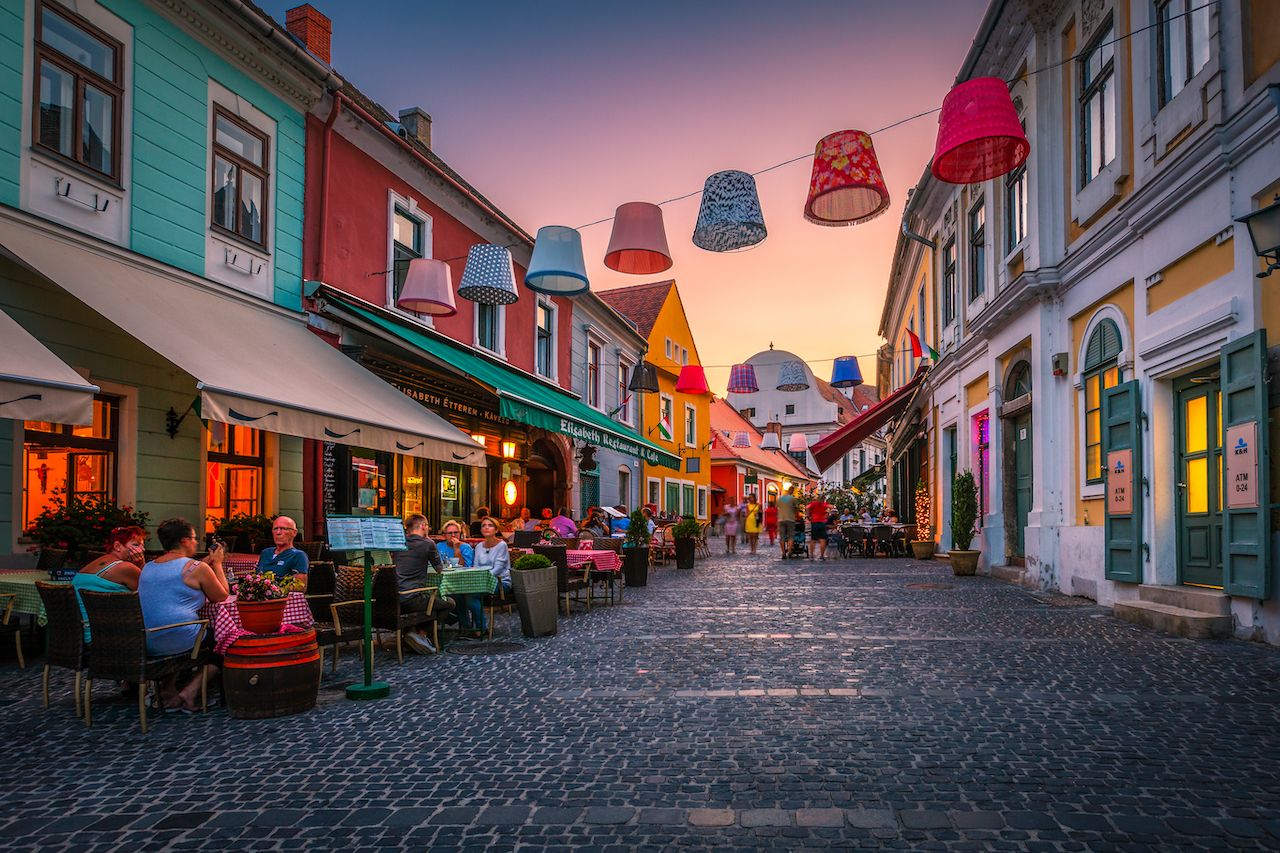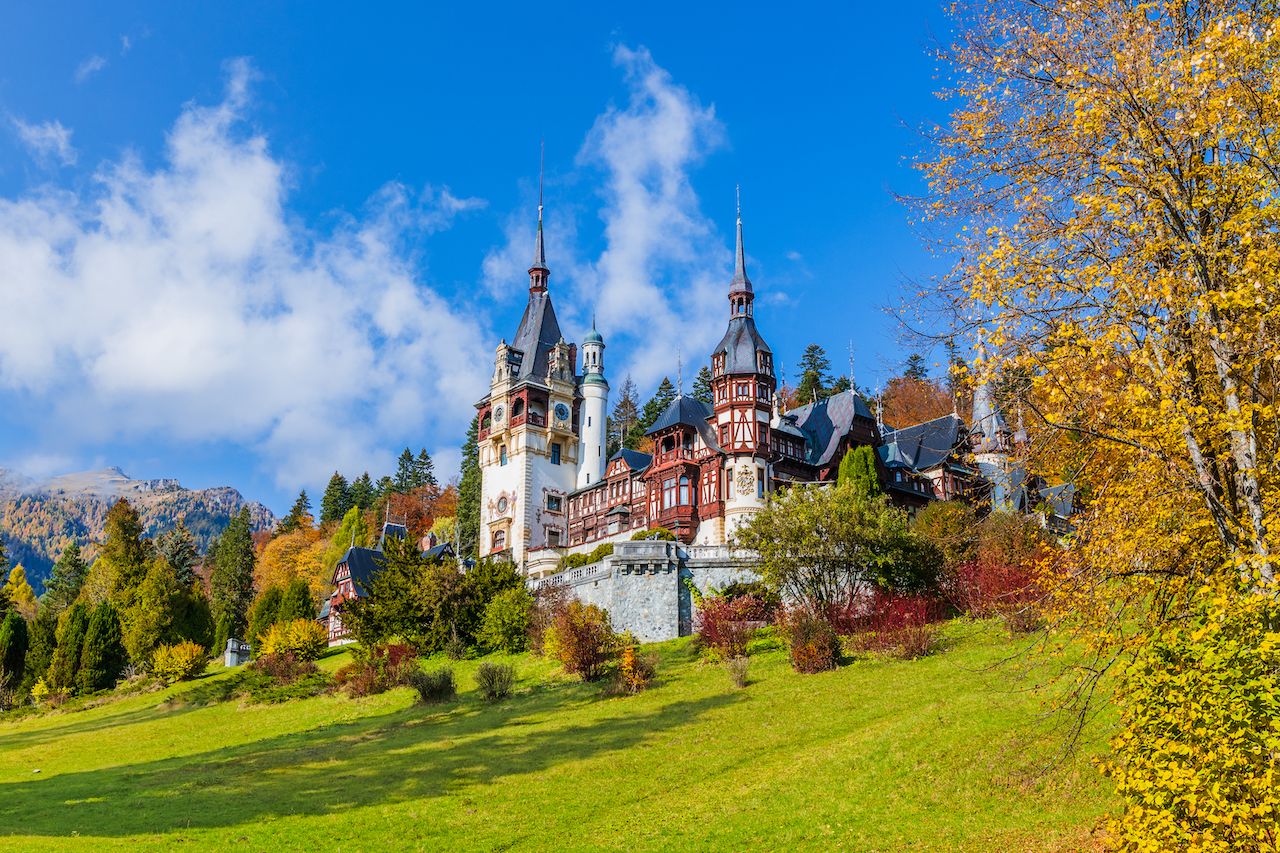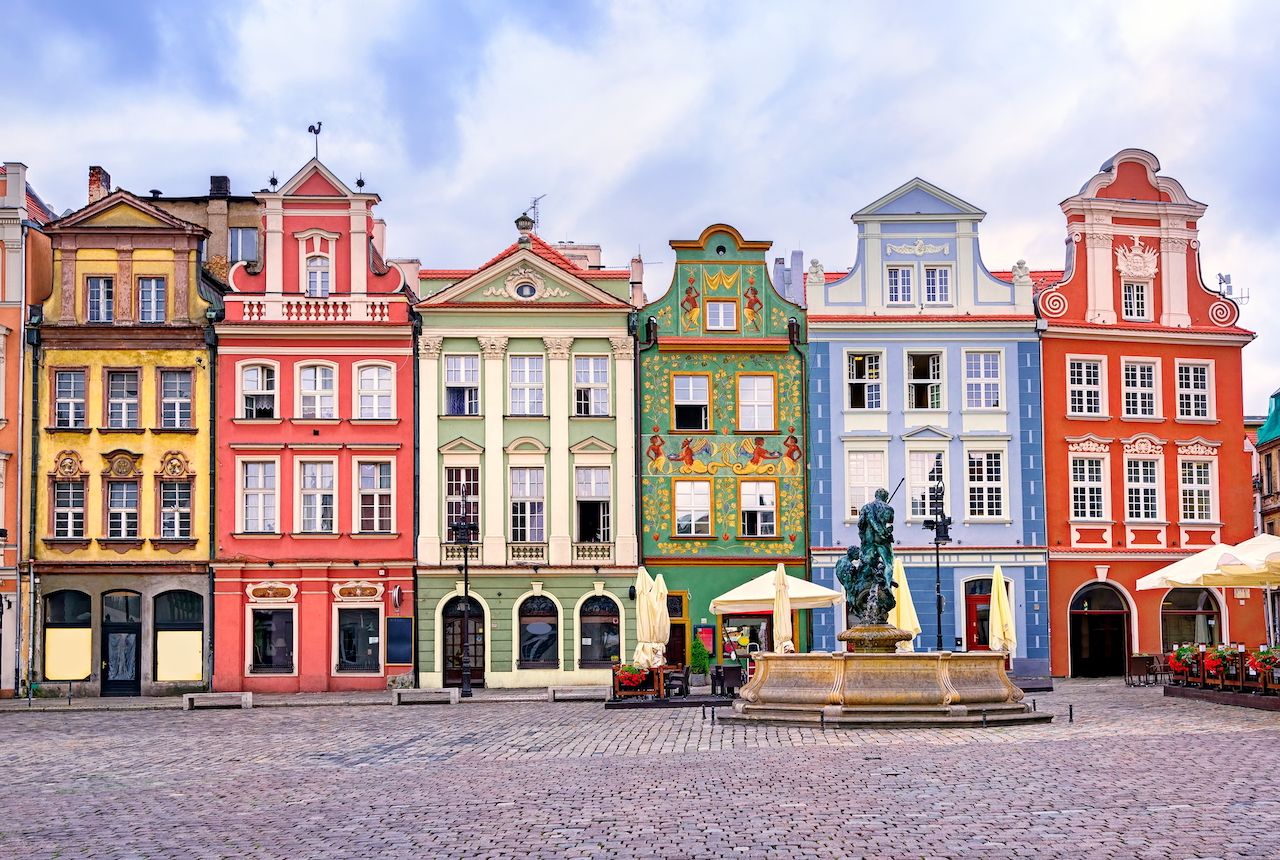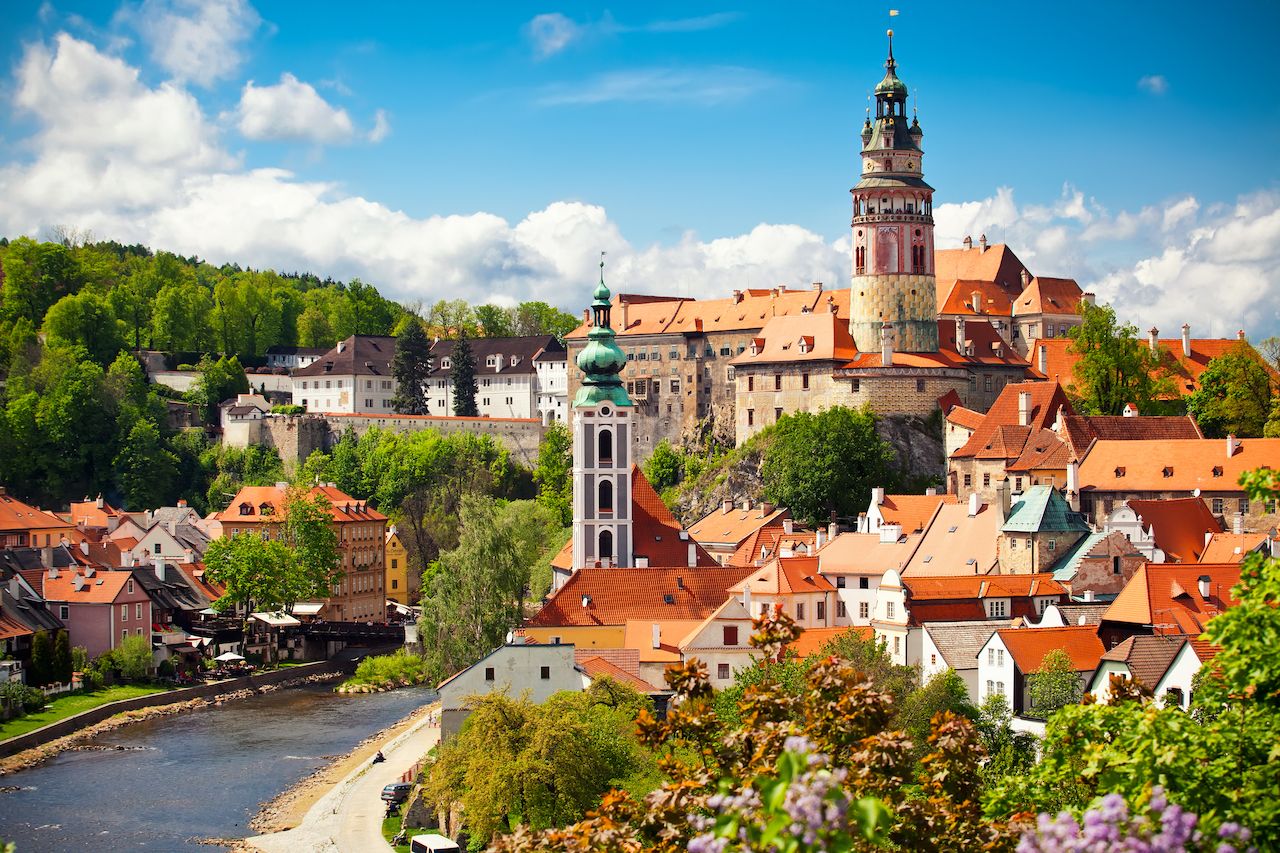Eastern Europe offers travelers a taste of the former Soviet Union, with babushkas hawking caviar by the kilo in bustling market halls and grand incense-fogged Orthodox churches. Hidden behind the Iron Curtain until 30 years ago, today there are many gay friendly places in Eastern Europe for travelers to explore.
But there is another side to Eastern European travel for the LGBTQ community. We need to keep in mind that gay rights and the general perspective of the people toward queer folx in the region is really quite retrograde. Spending time in Eastern Europe often feels a little like stepping back in time, to the era before equal rights, gay marriage and the general acceptance of LGBTQ people.
